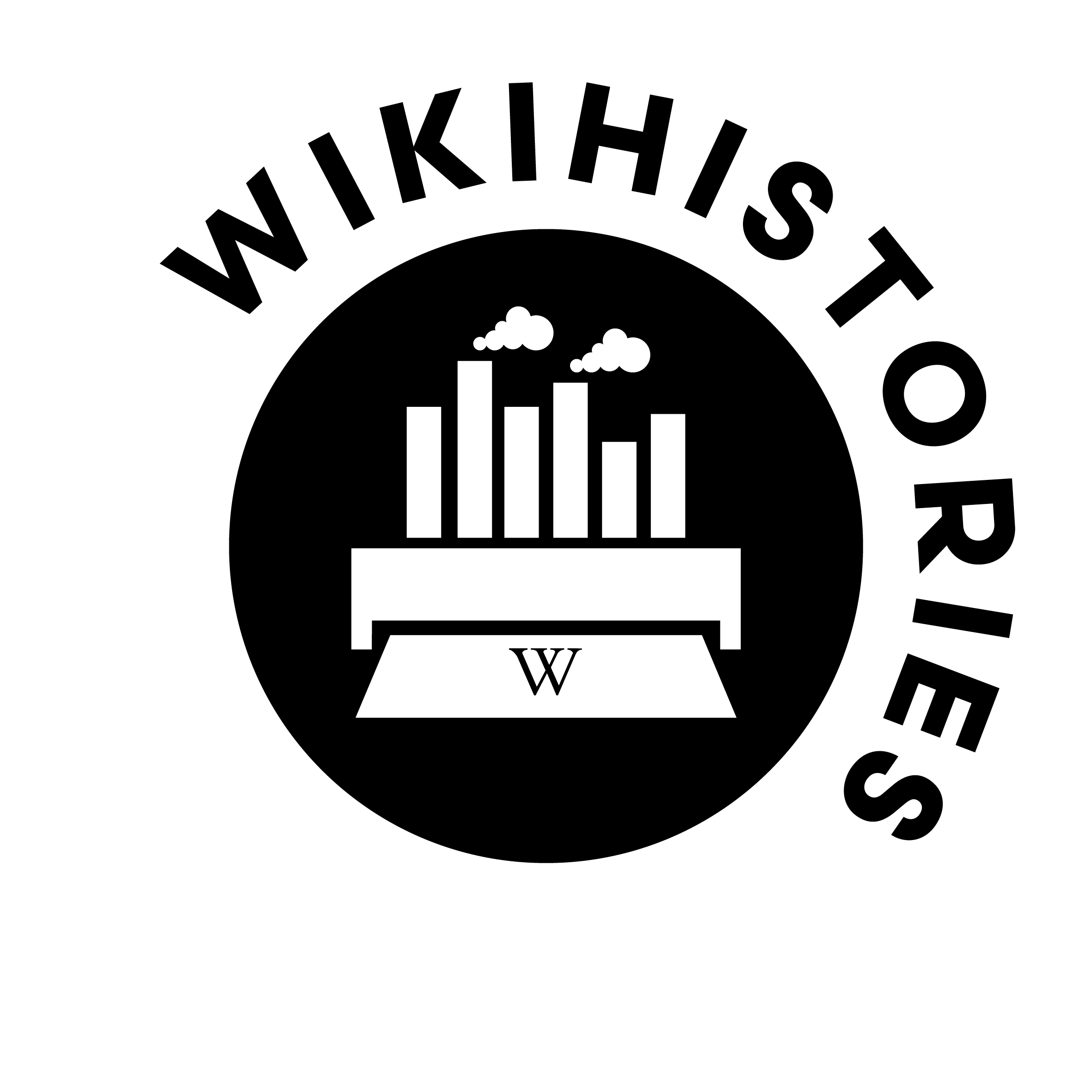Category: wikihistories 2023
-
Simon Sleight | Keynote: The history of ‘collective memory’: approaching the past; understanding the present
Watch Simon’s lecture on YouTube. In this short lecture, I seek to offer a longer perspective on the concept of ‘collective memory’, to chart the interface between historians and the field of memory studies, and to explore a contemporary and real-world example of collective memory in action. Looking beyond and before the digital realm as
-
Murray G. Phillips | Tensions, Compromises and Achievements: Developing the Australian Paralympic Wikipedia History Project
Watch Murray’s talk on YouTube. The Australian Paralympic Wikipedia History Project began a decade ago as a result of a partnership between Paralympics Australia, The University of Queensland and Wikimedia Australia. The project has been very successful with a diverse community of practice generating over 1000 articles which have been viewed more than 15 million
-
Kaylea Champion | Three Case Studies of Modern Middle Eastern History, as Seen Through Wikipedia
Watch Kaylea’s talk on YouTube. Wikipedia serves as a rich resource for understanding both history itself and the construction of history as a social and global practice. The history of the Middle East is not always well-understood. Examining recent events offers an opportunity to reflect on the intersection of, and tensions between, language communities as
-
Kirsten Thorpe and Nathan ‘Mudyi’ Sentance | Decolonizing Wikipedia: A Call to Action to Increase First Nations Australian Representation & Agency
Watch Nathan and Kirsten’s talk on YouTube. Read their report: Wikimedia Australia and First Nations Metadata: ATSILIRN Protocols for Description and Access Currently, the representation of First Nations Australian history on Wikipedia is limited. And much of the history on the platform has the same gaps and biases that negatively affect First Nations representation in
-
Petros Apostolopoulos | Writing History on Wikipedia: Insights from Wikipedia editors
Watch Petros’s talk on YouTube. Most studies on Wikipedia have ignored the crucial role that Wikipedia editors play in the production of historical knowledge. Instead, most works on Wikipedia have focused either on the accuracy of Wikipedia and its relation to education, or on the history of Wikipedia as an online platform and encyclopedia, or
-
Karryl Sagun-Trajano and Brendan Luyt | Disinformation on Wikipedia: the case of Ferdinand Marcos
Watch Karryl’s talk on YouTube. Much of the focus on the issue of disinformation and its corollary, misinformation, are on the major social media platforms, but an understudied, yet potentially equally relevant part of this digital knowledge ecosystem is Wikipedia. In this study we look at the case of Ferdinand E. Marcos, President of the Philippines between
-
Oscar Ricci and Paola Cappelluti | Italians do it slower? An analysis of how the Italian Wikipedia community covered the war in Ukraine
The outbreak of war in Ukraine in 2022 provided an opportunity to test various studies on warfare and breaking news on Wikipedia (Kegan 2019, Avieson 2019, Borra et al 2014) with a recent and highly contested event based on European territory. As soon as the conflict in Ukraine began the different language versions of the
-
Alfonso Hegde | Does Wikipedia enable the forging of a collective memory via consensus?
Watch Alfonso’s talk on YouTube. For my paper I intend to discuss the ways in which collective memory via consensus are made on Wikipedia and who that consensus is built around. I will examine the social processes and power hierarchies within Wikipedia collective memory making endeavors, specifically looking at Wikipedia editors as the primary site
-
Laurie Jones | Network perspectives on collective memory processes across the Arab Spring in Arabic and English Wikipedias
Watch Laurie’s talk on YouTube. Wikipedia’s global audience has created a dense web of narratives that vary across languages. Far from being a problem to be corrected through standardization, this variation in content across language editions encodes distinct and valuable consensus perspectives and insights into collective memory. Understanding the scope, diversity, and evolution of memory
-
Christian Pentzold | Media Memory Work and Wikipedia
In my talk, I am going to introduce, in a first step, the concept of media memory work through which relations to the past are accomplished and enacted. In a second step, the online encyclopedia is employed to show what kinds of insights about the contingent and potentially conflictual constitution of mnemonic texts become possible. Finally, I take
-
Marlon Twyman | Cultural and Historical Context of Social Issues in Wikipedia
Watch Marlon’s talk on YouTube. Wikipedia is an essential repository for accessing knowledge online. However, it is unclear how to describe the ability of Wikipedia editors to document and frame the cultural context surrounding different topics. For example, over the past three years in the United States, there are at least three salient topics that
-
Ziko van Dijk | Does Wikipedia have a future? On the representation of future events in an encyclopaedia
Wikipedia is supposed to offer reliable, established knowledge about the world. However, it also contains information about future events, such as the upcoming Olympic Games. Depending on the Wikipedia language version, there are even rules about future events. Yet one would think that Wikipedia struggles with the future, because by its very nature, humans cannot
-
Brian Keegan | An Encyclopaedia with Breaking News
Watch Brian’s talk on YouTube. Wikipedia’s rapid documentation of current events has profoundly shaped its identity and success over its more than 20-year history. From the 9/11 attacks through the COVID-19 pandemic, Wikipedia editors have repeatedly demonstrated their capacity to create detailed and timely articles with neither the formal organizations found in newsrooms nor the
-
Shira Klein | Keynote: Wikipedia’s Distortion of Holocaust History
For the past few years, a group of Wikipedia editors have been spreading disinformation on the history of the Holocaust. With no obvious ties to any government, they slowly but relentlessly hack away at reason and accuracy to promote ideological zeal, prejudice, and bias. Due to this group’s handiwork, Wikipedia’s coverage of Holocaust history follows
